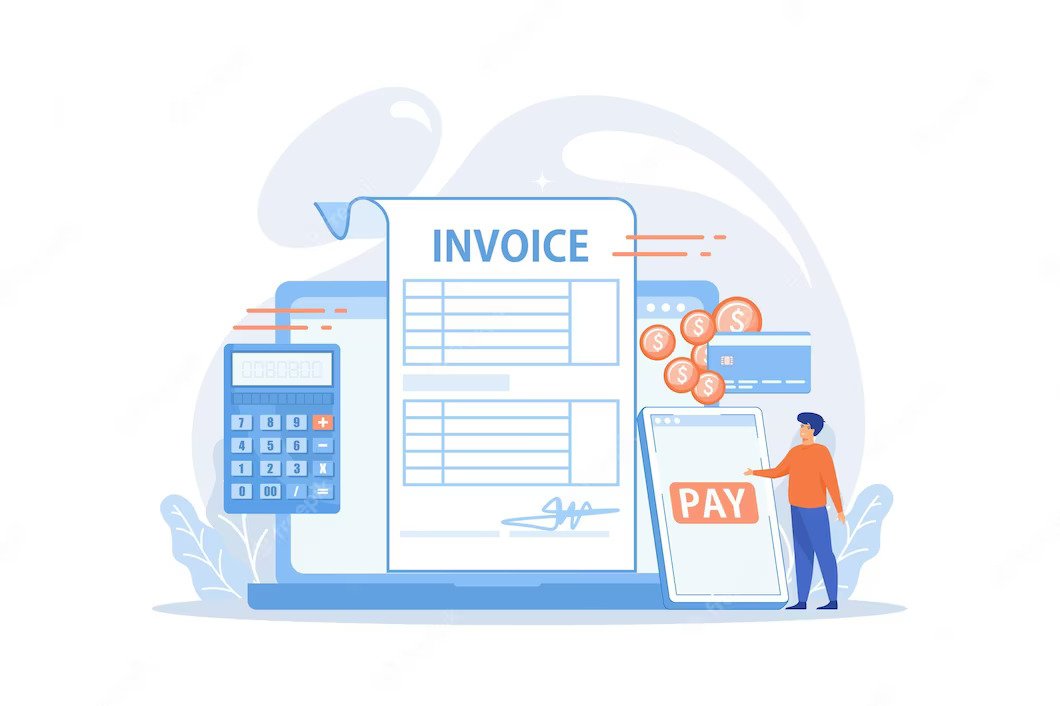How to Start a Profitable Business in Nigeria (2025 Step-by-Step Guide)—if you’re searching for this, you’re likely ready to turn an idea into income.
Starting a business in Nigeria can be both exciting and overwhelming. On one hand, you’re stepping into a land filled with opportunity. On the other, you’re navigating an unpredictable power supply, rising costs, and an ever-changing economy.
However, here’s the truth: people are still making money in Nigeria—legitimately and consistently. What sets them apart is how they start with clarity, structure, and the right tools.
This guide shows you exactly how to start a profitable business in Nigeria in 2025, covering everything from idea to execution. Whether you’re a student, unemployed graduate, 9–5er, or full-time entrepreneur, this is your roadmap. And for your operations, tools like ProInvoice help you stay professional by issuing invoices, tracking payments, and building customer trust.
Let’s dive into the steps.
Step 1: Identify a Profitable Problem to Solve
Every successful business solves a problem. The first step is to spot a gap in the market or a daily need people are willing to pay for.
Some examples:
- Busy professionals need laundry services
- Students need affordable phone accessories
- New moms need baby care products
- Restaurants need consistent food supply
Look around you. What are people complaining about? What are they spending money on? What can you offer better or cheaper?
💡 Pro Tip: Start with what you know, what people around you need, and what you can test quickly.
Step 2: Choose a Business Model That Works for You
Do you want to:
- Sell physical products?
- Offer digital services?
- Work from home or run a storefront?
- Serve businesses (B2B) or individuals (B2C)?
Some popular Nigerian business models:
- POS/agency banking
- Freelancing (writing, design, VA)
- Importation/dropshipping
- Foodstuff packaging
- Training or consulting
Choose what matches your lifestyle and capital level.
Step 3: Validate the Idea with a Small Test
Before you pour your money into branding and logistics, test the idea first.
For example:
- Create a WhatsApp TV to sell your product
- Run a pre-order on Instagram
- Ask 10 people to pay for your service
- Offer a free trial to 5 businesses
Get real feedback. Are people interested? Are they ready to pay?
Step 4: Draft a Simple Business Plan
Your business plan doesn’t need to be a 20-page document. Start with a 1-pager that answers:
- What problem are you solving?
- Who are your customers?
- How will you make money?
- What’s your starting capital?
- What tools/suppliers do you need?
This gives your business clarity and direction.
Step 5: Register Your Business (Optional but Important)
While many Nigerians run unregistered businesses, registering gives you credibility and access to bigger opportunities like:
- Opening a business bank account
- Working with companies and government
- Getting grants or loans
Use CAC’s online portal or a lawyer/agent to register your business name.
Step 6: Set Up Your Sales Channels
Where will people find and buy from you?
Depending on your product or service, you can sell via:
- Jumia/Konga
- Facebook Marketplace
- Flutterwave or Paystack Storefront
- A simple website
Make sure your contact info, price list, and order process are clearly stated.
Step 7: Organize Your Business Like a Professional
This is where many new businesses fall short. They sell like a “side hustle” and lose customer trust.
What you need:
- Branded invoices
- Order records
- Payment tracking
- Professional tone
- Follow-up system
Using ProInvoice, you can send invoices that include:
- Your logo
- Customer name
- Amount due
- Bank/payment details
This instantly makes your business feel more credible—even if you’re just starting.
Step 8: Market Consistently
If people don’t know your business exists, they can’t buy from you.
Ways to market:
- Post consistently on WhatsApp/Instagram
- Share behind-the-scenes of your product/service
- Ask happy customers for reviews
- Offer referral rewards
- Run Facebook or Instagram ads (even ₦3,000 can go far)
The more visible you are, the more trust and sales you build.
Step 9: Manage Your Finances Wisely
No matter how small you start, track your:
- Expenses
- Income
- Profits
- Inventory
Separate your personal and business money. Open a second account, or at the very least, use a tool like ProInvoice to track every sale.
💡 Bonus: ProInvoice helps you automatically record all your client transactions and lets you export reports when you need to apply for grants or submit business proposals.
Step 10: Scale Gradually
Once you start making consistent sales:
- Improve your packaging
- Hire support staff
- Introduce new products or services
- Collaborate with other brands
- Automate using tools
Growth should be intentional. Keep reinvesting part of your profit into the business.
Bonus Tips for Success
✅ Solve problems people will always have
✅ Start with what you have—don’t wait for perfect conditions
✅ Build a loyal community before you build a website
✅ Treat your business like a company, even if it’s just you for now
✅ Use tools like ProInvoice to create structure early on
Conclusion
Starting a profitable business in Nigeria isn’t about having millions—it’s about solving a real problem, showing up consistently, and managing your hustle with intention.
The economy is tough, yes. But Nigerians are still buying, still building, and still growing. You can too.
Whether you’re selling hair, training others, or reselling gadgets, you need structure. With ProInvoice, you can invoice your customers, record payments, and run your business like a CEO—even if you’re just starting out.













